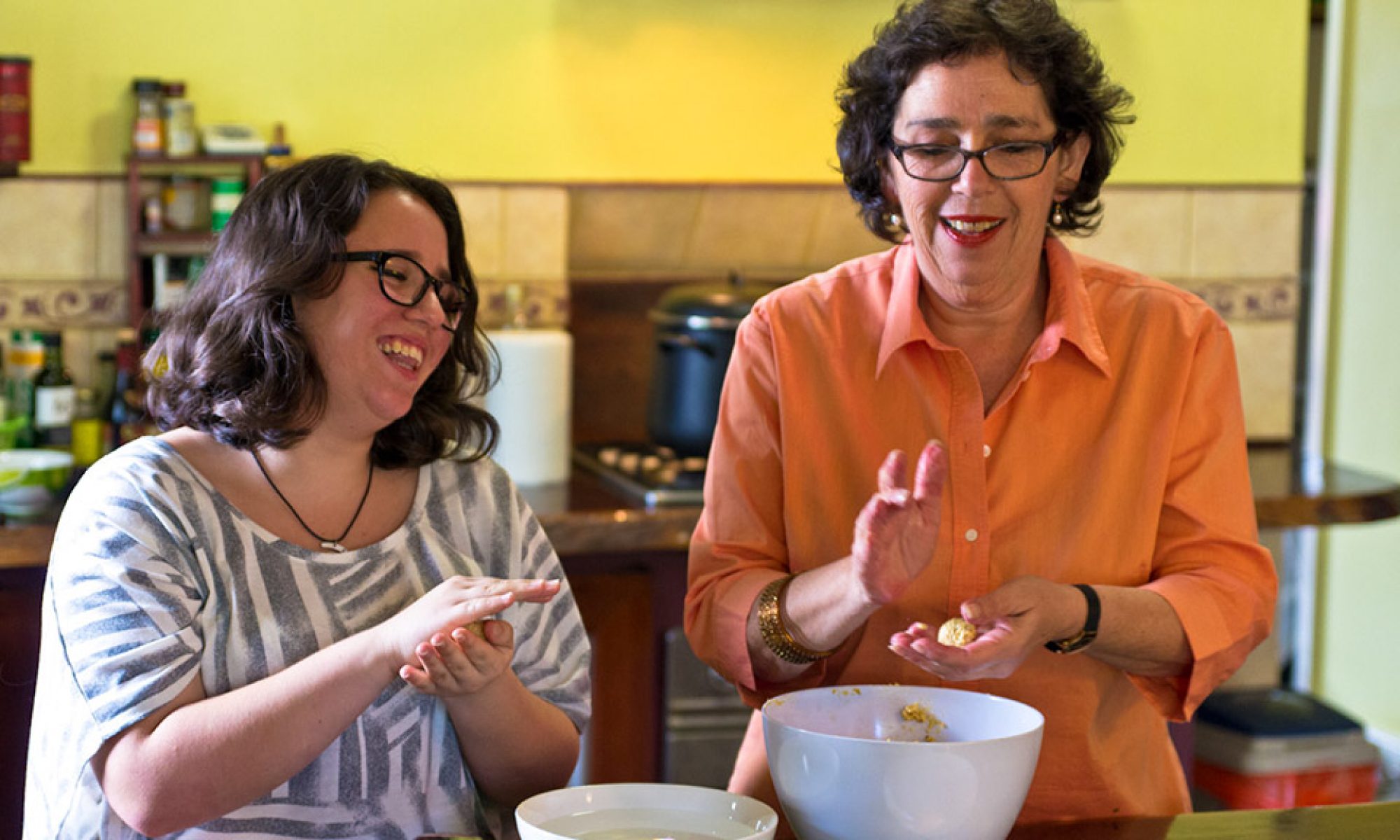So here’s the issue. I love eating chicken, but I can’t say I love chickens – they’re scary little beady-eyed peckers. Yes, I’m a city girl if ever there was one, but I wish them no harm, after all they produce that most sacred of foods: the egg. I’d best not start on the egg or I won’t stop.
Vegans, look away now! I love eating poultry in preference to the meat of larger animals, but I still want to know that, however short the lives of animals I eat, they do not suffer unnecessarily. Live sheep exports are particularly abhorrent. I buy hideously expensive organic eggs, because I want to know that my potential chicken in a shell is the product of a parent who was well-fed and cared for: free-range. Besides they’re huge and frequently double yolked:
Okay I broke one!
I won’t go near Steggles and am ashamed of the days, (many years ago) when I bought a pack of their discount pieces. I stupidly wondered why these pieces were so misshapen. Many years have passed since then, now I do know that they were deformed due to their cramped conditions. Free-range certification is a nightmare and consumers are rightly confused about the real living conditions of the chooks. Buying certified organic means you can be assured that the facility is monitored to ensure they do have reasonable access to the great outdoors.
Here in WA buying free-range chicken means buying Mt Barker, by and large. They don’t look so flash. Then one glorious day I saw this in my supermarket fridge:
It looked like a proper plump chook. It cooked a treat, none of that slimy stuff you find on supermarket chooks. I thought I’d hit the jackpot. The massive 1.964 chook pictured cost just $11.64. I wondered how this was possible and then I bought it anyway.
So there I was happily roasting these fab chooks – 3 days of good eating per chook (hey, I’m a Jewish mother – roast chicken means there will be soup) Now fast-forward to May 4 and the Four Corners expose on the exploitation of workers right here in glorious Oz.
The program concerned food companies that force unreasonable schedules and pay unfair rates and who should get a mention, amongst others, but Lilydale . I was angry. I was horrified. I was confused. Here I am buying these chickens because they treat the animals reasonably, but not so the poor buggers employed to process them.
Cheap food and the quest to keep it cheap, is wreaking havoc on our farm sector. I would happily pay an extra $3 per kilo for these chickens. Perhaps your everyday chicken lover might not, but shouldn’t the selling point of a free-range chicken be its provenance not its price?
If this reads like latte-luvvy thinking, that I’m an urban elitist let me be clear. I’m a casually employed academic on a low income. Food is expensive but most of don’t even spend 20% of our income on our food, including take-away, while our grandparents spent more like 30%. My students complain about the high price of food whilst frantically checking for messages on brand new I-phones.
We hesitate to spend $15 on a free-range chicken, which can actually feed a family of four (and soup the next day). Meanwhile a Red Rooster “dinner” for four will cost $20. For this you will get an inferior chicken, copious chicken salt, soggy chips by the time you get them home and a great deal of grease. We readily fork out $20 to see a movie, never mind the popcorn. Our priorities are so skewed. I say us because last week I bought another Lilydale chicken.
So here’s my problem, which comes first the chicken or the worker?
I picked the chicken didn’t I?


